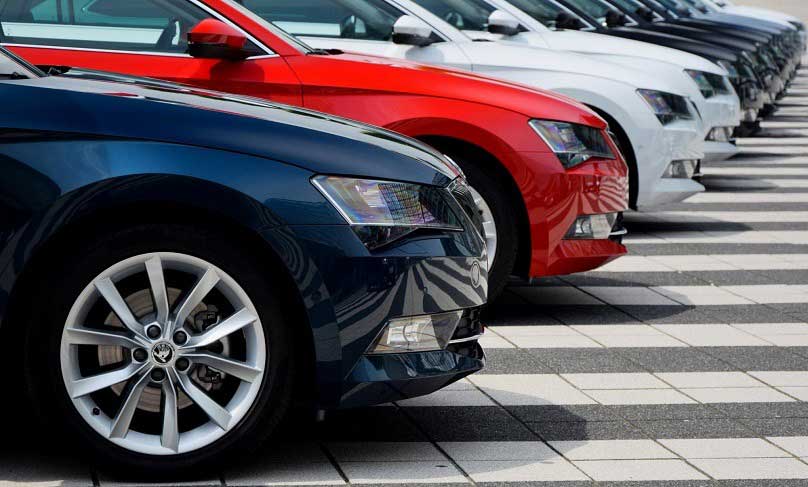15 June 2020
The coronavirus (COVID-19) will leave no area of the automotive industry untouched. Autovista Group’s chief economist Christof Engelskirchen talks to Joachim Deinlein, partner at global management consulting firm Oliver Wyman, about the pandemic’s impact, consumer buying behaviour and the business models of the future: car-sharing and subscriptions.
You can read the full interview here
Q: Joachim, your job is to advise car manufacturers, suppliers and service providers to the automotive industry on areas spanning the entire value chain, from R&D, procurement, operations and production, to sales, marketing and aftersales. With COVID-19 so fundamentally affecting the way we work, how has the way you support your clients changed?
A: The nature of the topics is changing. There is a shift from growth strategy work, and we are more involved in projects addressing needs coming out of the COVID-19 situation. Many OEMs are concerned about immediate supply-chain resilience.
Q: Clearly, COVID-19 has disrupted automotive supply chains. It is challenging to re-synchronise supply chains as they are global. Alternatively, is interconnectivity an advantage as this aligns interests across regions? As a result, will governments and players swiftly coordinate for a quicker ramp-up of production globally?
A: The initial reaction, when the coronavirus impact became visible in China, was that people immediately challenged the industry about being so reliant on one region. Now, with China’s operations starting before others, people realise that globally diversified supply chains can increase resilience. I think there is going to be some reorganisation of the supply chain, for example, adding further backup, but also reducing the overall number of suppliers. I do not think it is going to be a completely renewed setup, however.
Q: Is there anything positive coming out of this pandemic for our industry?
A: In some areas, the transformation will accelerate. For several weeks and months, people were able to search for or configure vehicles online, to buy them online. Our industry was not prepared for this. There are still too many OEMs that do not have the full range of vehicles available to be purchased online. What we can observe in China is that the use of online channels across all sectors has been increasing dramatically. This will further boost the transformation of the automotive sales value chain towards a more online-enabled channel setup. It will feel like a more seamless user journey from online to offline and offline to online. COVID-19 is pushing us hard in this direction in Europe, too.
Q: What is your view on the business models of the future? Will the pandemic have a lasting impact on car-sharing and car subscriptions?
A: Car-sharing, in my view, is a great concept for addressing the underutilisation of a vehicle. A passenger car is only utilised between 5% and 10% a day. However, the way it has been executed in metropolitan areas is not solving a crucial customer need: easily parking the car at the destination. As long as this is still the same pain it often is today, the concept of car-sharing will not live up to its full potential. I agree that the demand for car-sharing services will stay low as long as we are living through the COVID-19 period, but still, it is a mode of individual transportation that may be attractive. In a post-COVID-19 world, this may change again.
You can download and read the full interview with Joachim Deinlein here. In it, he talks about the impact of COVID-19 on the industry in the next six months, and how the pandemic is driving interest in car subscription models.
For more of the latest thinking, insight and data from our Auto Mobility LIVE speakers and TCO Awards judges, check out our Auto Mobility LIVE Insights page.

 Schließen
Schließen